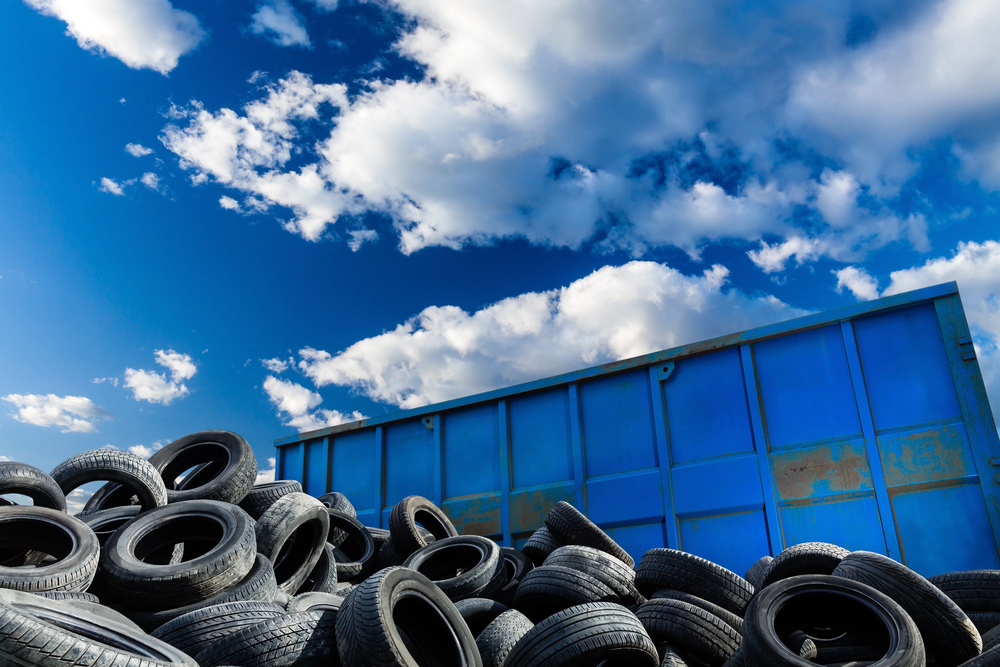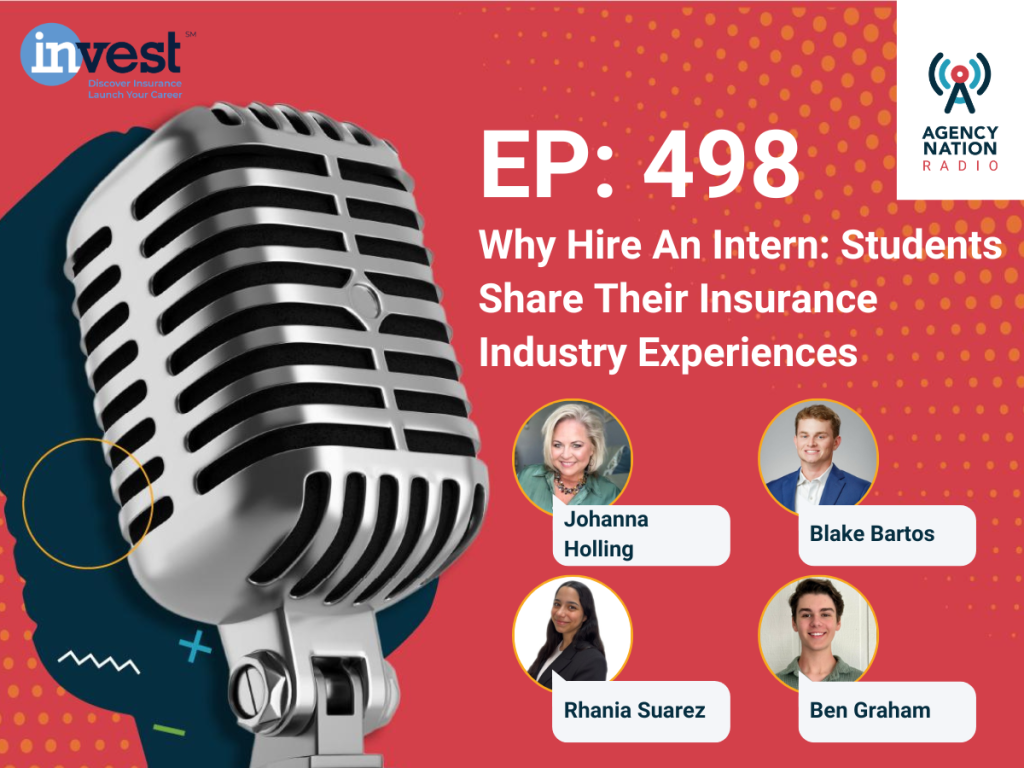Rubber Hits the Road: Does a Tire Recycling Company Need Pollution Coverage?

A prospect is a tire recycling company. It shreds them to a couple of standard American Society for Testing and Materials (ASTM) sizes and then stocks them in bunkers. The company isn’t adding or removing anything—it’s just a raw tire cut down into smaller pieces.
The company has a pollution policy in place but doesn’t know if it’s necessary. Its current general liability policy excludes products-completed operations coverage. Its current pollution policy does include a general liability policy.
Q: Does a tire recycling company have a pollution exposure?
Response 1: Your question really is: “Can this business pollute?” Since it’s impossible to know what might leach out of a pile of sliced tires or what else a client might bring to the site, it’s impossible to answer in the negative.
For example, would a flood in the area where the company stores stock result in contaminants leaching where they shouldn’t? Would a fire cause air pollution?
What Do the Experts Think?
If you don’t recommend pollution liability coverage, you’re sticking your neck—and your errors & omissions policy—out a mile. If there’s a trade association for tire recyclers, I’d see what they could offer as far as appropriate insurance coverage for their members.
Response 2: In my opinion, this business needs coverage because it is vulnerable to a pollution-related lawsuit.
The ISO CG 00 01 04 13 defines “pollutants” as “any solid, liquid, gaseous or thermal irritant or contaminant, including smoke, vapor, soot, fumes, acids, alkalis, chemicals and waste. Waste includes materials to be recycled, reconditioned or reclaimed.”
The tires are solid materials to be recycled and could produce an irritant or contaminant if subjected to a chemical process, such as burning. In my opinion, that makes them a pollutant.
The coverage form states that Coverage A: Bodily Injury and Property Damage Liability does not apply to bodily injury or property damage “arising out of the actual, alleged or threatened discharge, dispersal, seepage, migration, release or escape of ‘pollutants.’”
Therefore, there is no coverage, not even for defense, even if it is only alleged that smoke from burning tires made someone ill or if the tires deteriorated and contaminated the ground.
If for no other reason than the need for potential defense costs, this business needs pollution liability coverage.

Risk management resources for Big “I” Members
Response 3: I’m not an authority on tire‐manufacturing pollution hazards, but some possible scenarios include tire-pile fires, stormwater and runoff violations, and air quality complaints.
However, I do have some experience in E&O prevention for insurance agencies. Be careful. If you suggest that the business may not need pollution coverage, or if you fail to present the pollution quote, you step out of the role of insurance professional and into the role of risk manager, or decision maker. From an E&O perspective, that’s a dangerous position to put yourself in.
Imagine that you’ve told the company it doesn’t need the coverage and it has a severe pollution loss that’s denied under the CGL. The insured is likely to target your E&O policy, and all it needs to win is a claim like “my agent told me I didn’t need this coverage” or “my agent never offered it to me.” A best practice would be to offer the coverage and let the client decide whether they want to purchase it.
We all want our clients to view us as competent professionals. But we shouldn’t try to be everything to everyone, even when it comes to assessing risk. We need to be careful not to step outside of our true area of practice. Don’t claim to be educated on the pollution risks of their operations—simply help them find insurance products to cover potential losses and let them decide whether it’s something they want to purchase.
This question was originally submitted by an agent through the Big “I” Virtual University’s (VU) Ask an Expert service, with responses curated from multiple VU faculty members. Answers to other coverage questions are available on the VU website. If you need help accessing the website, request login information.
This article is intended for general informational purposes only, and any opinions expressed are solely those of the author(s). The article is provided “as is” with no warranties or representations of any kind, and any liability is disclaimed that is in any way connected to reliance on or use of the information contained therein. The article is not intended to constitute and should not be considered legal or other professional advice, nor shall it serve as a substitute for obtaining such advice. If specific expert advice is required or desired, the services of an appropriate, competent professional, such as an attorney or accountant, should be sought.









